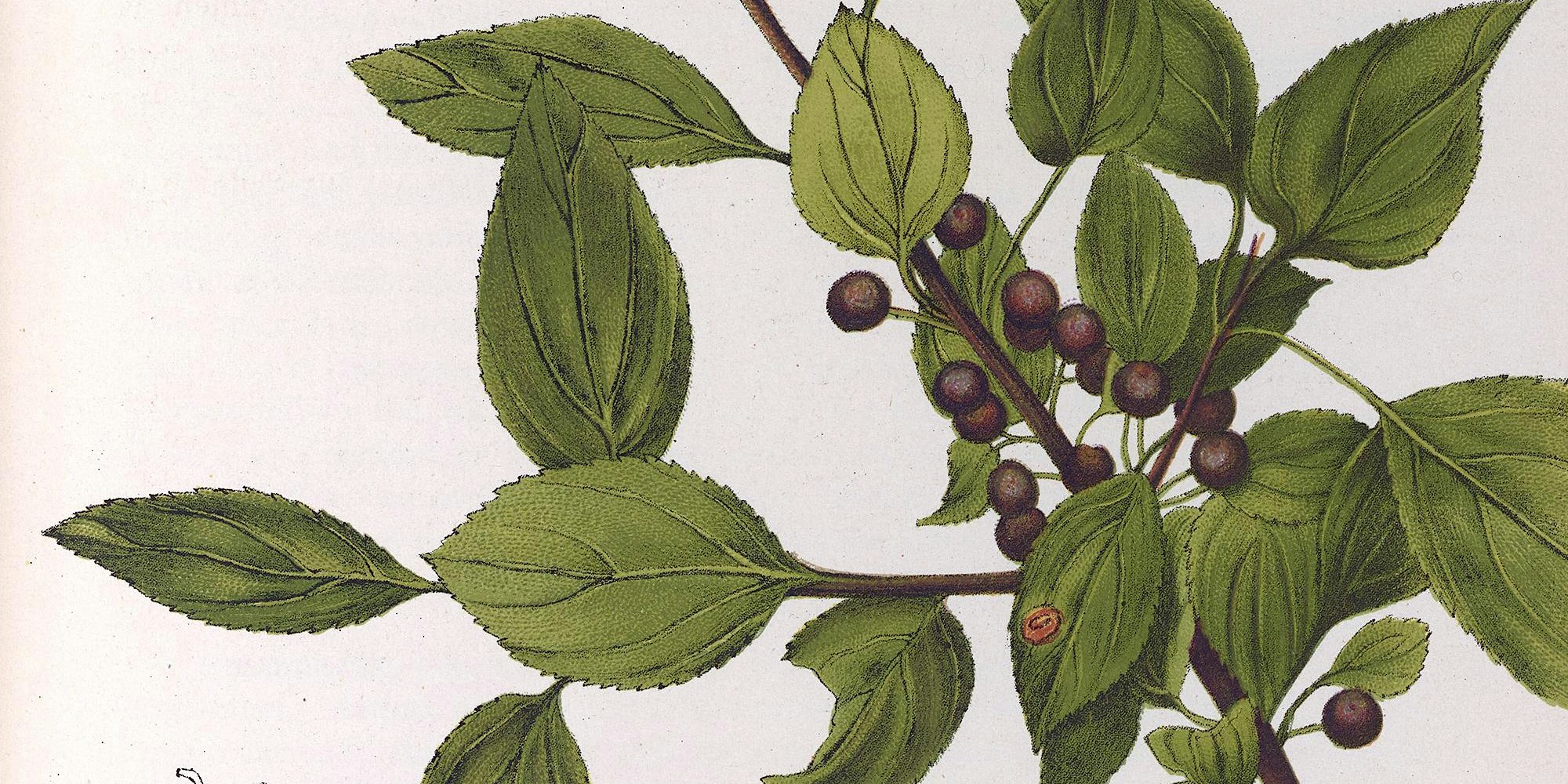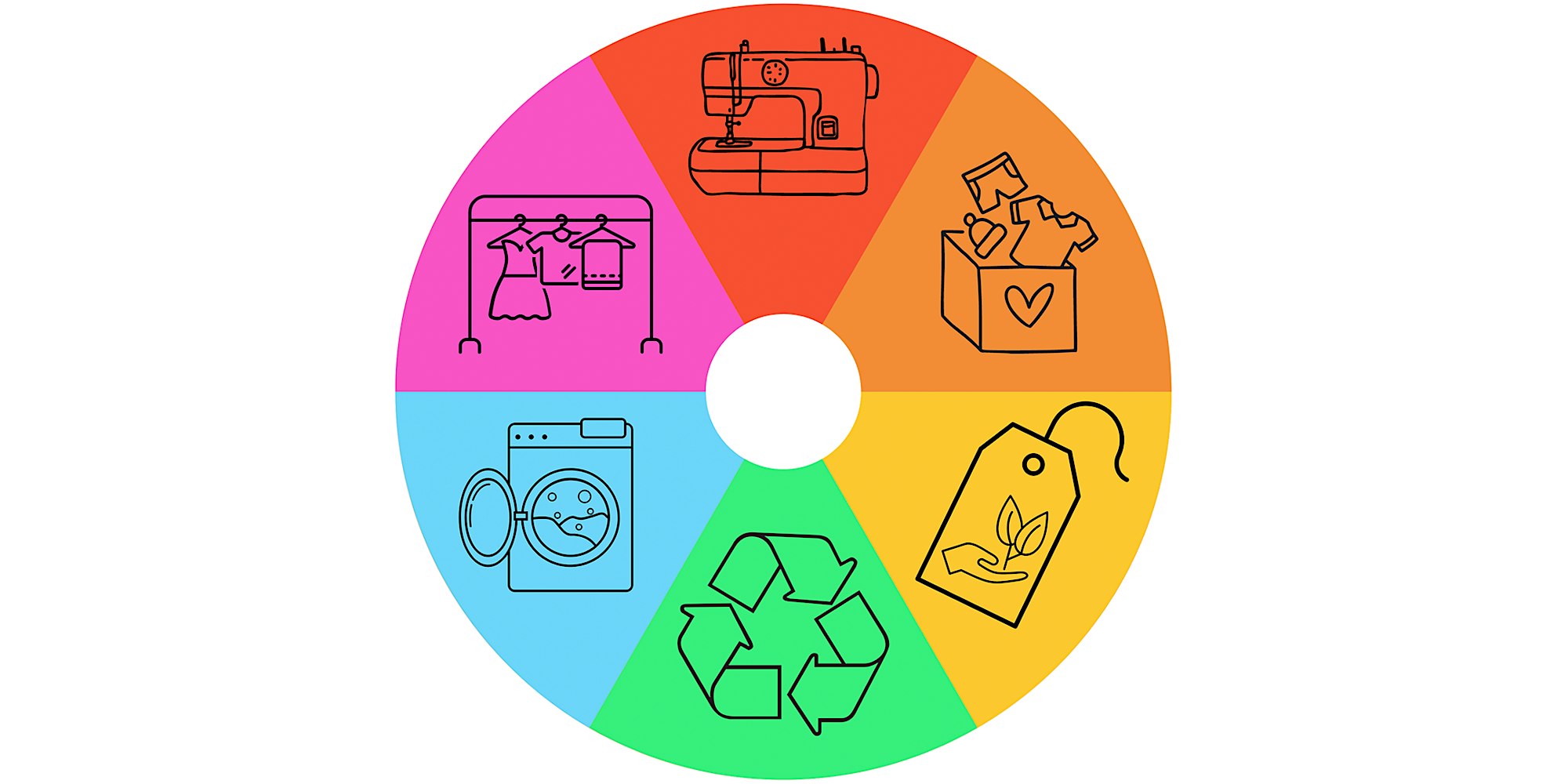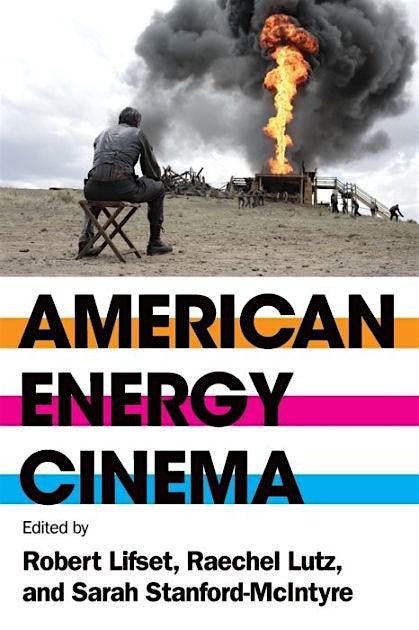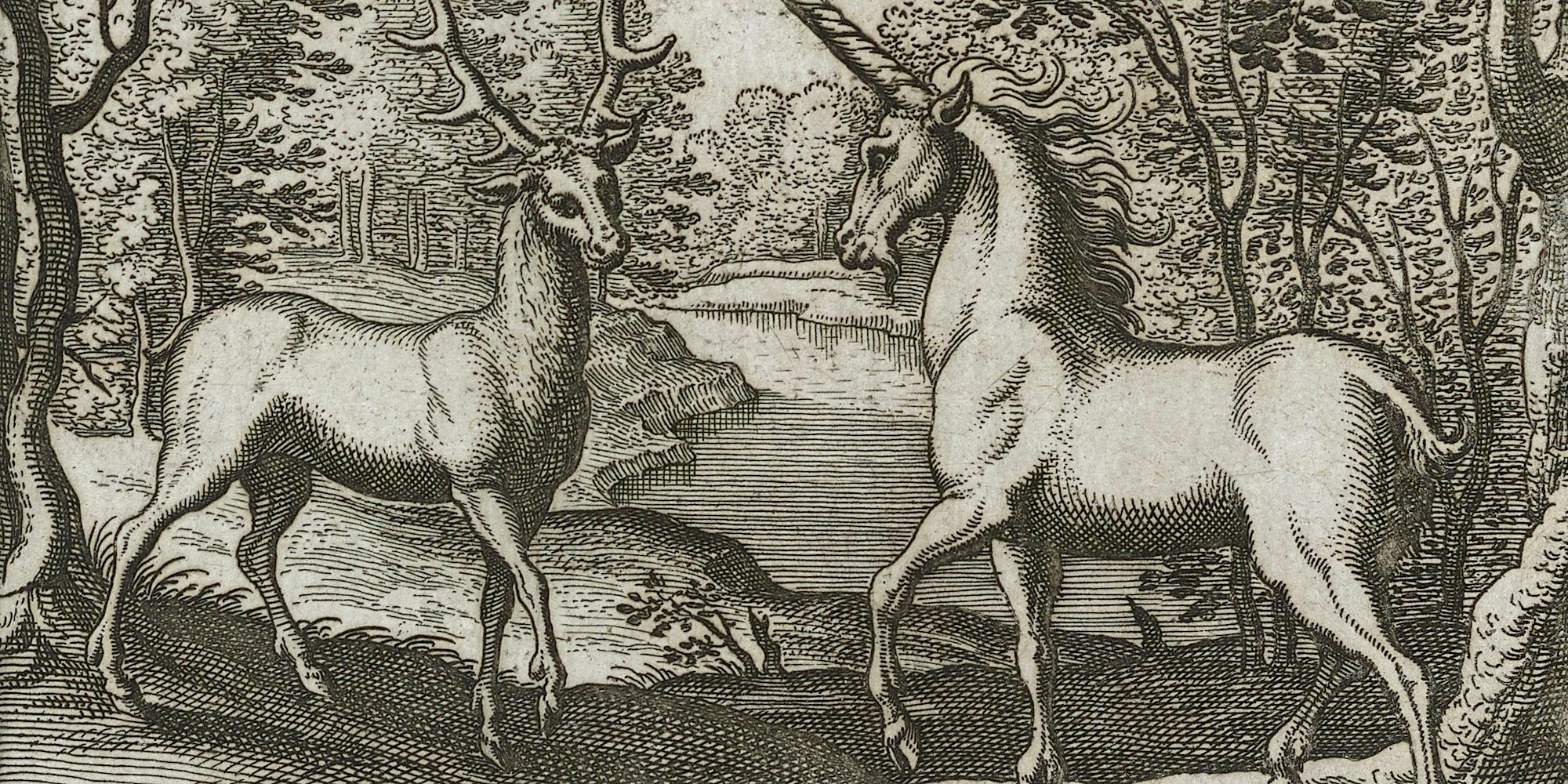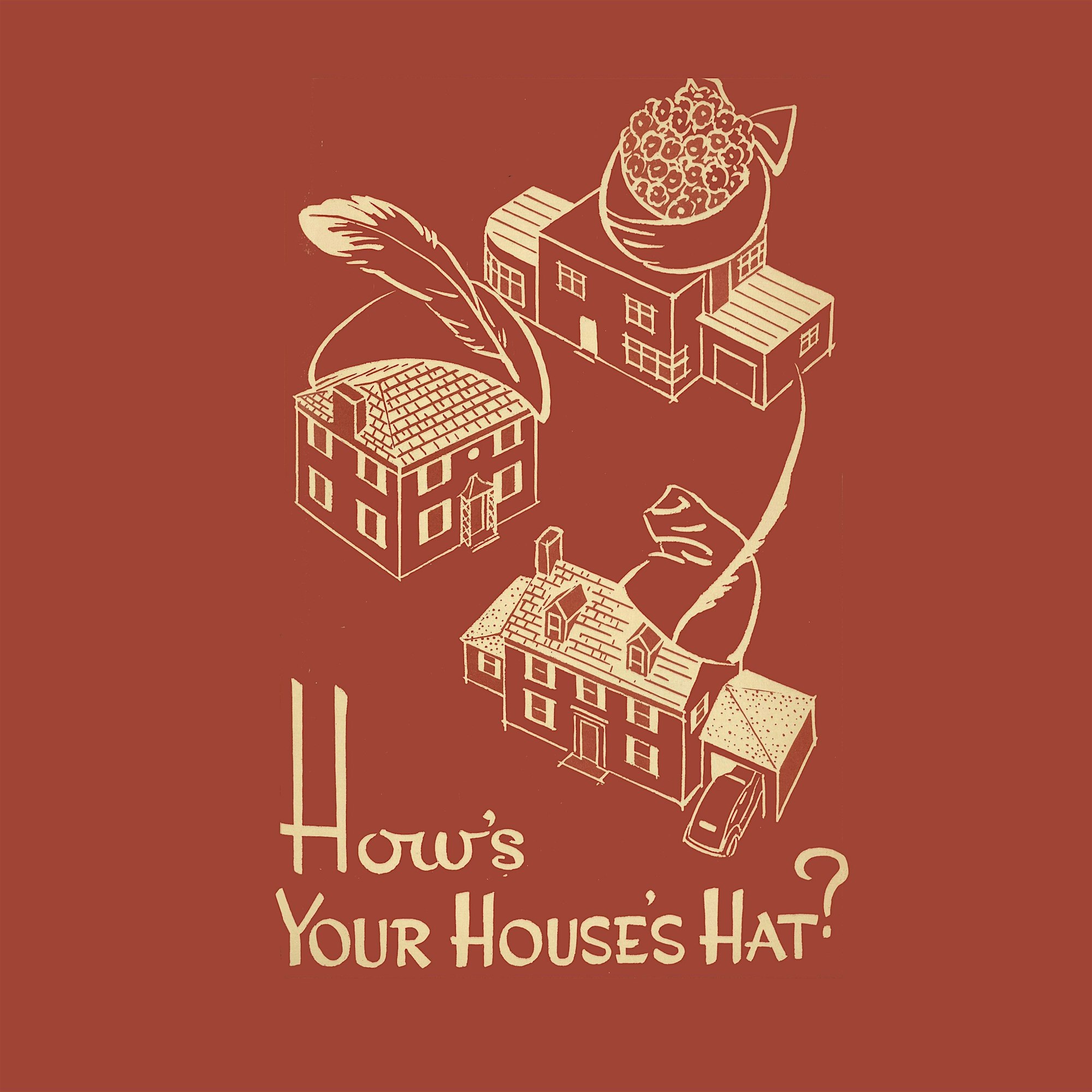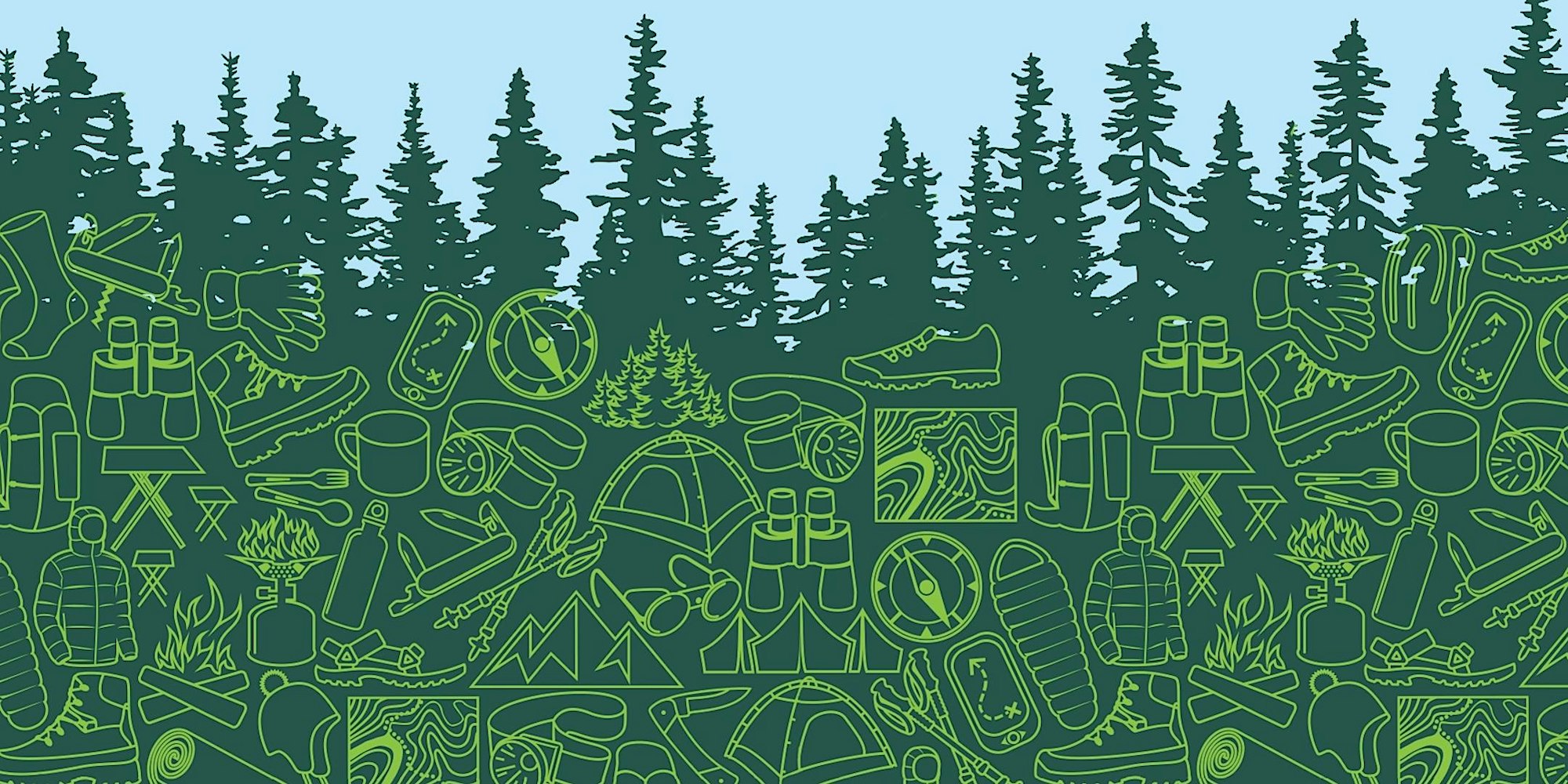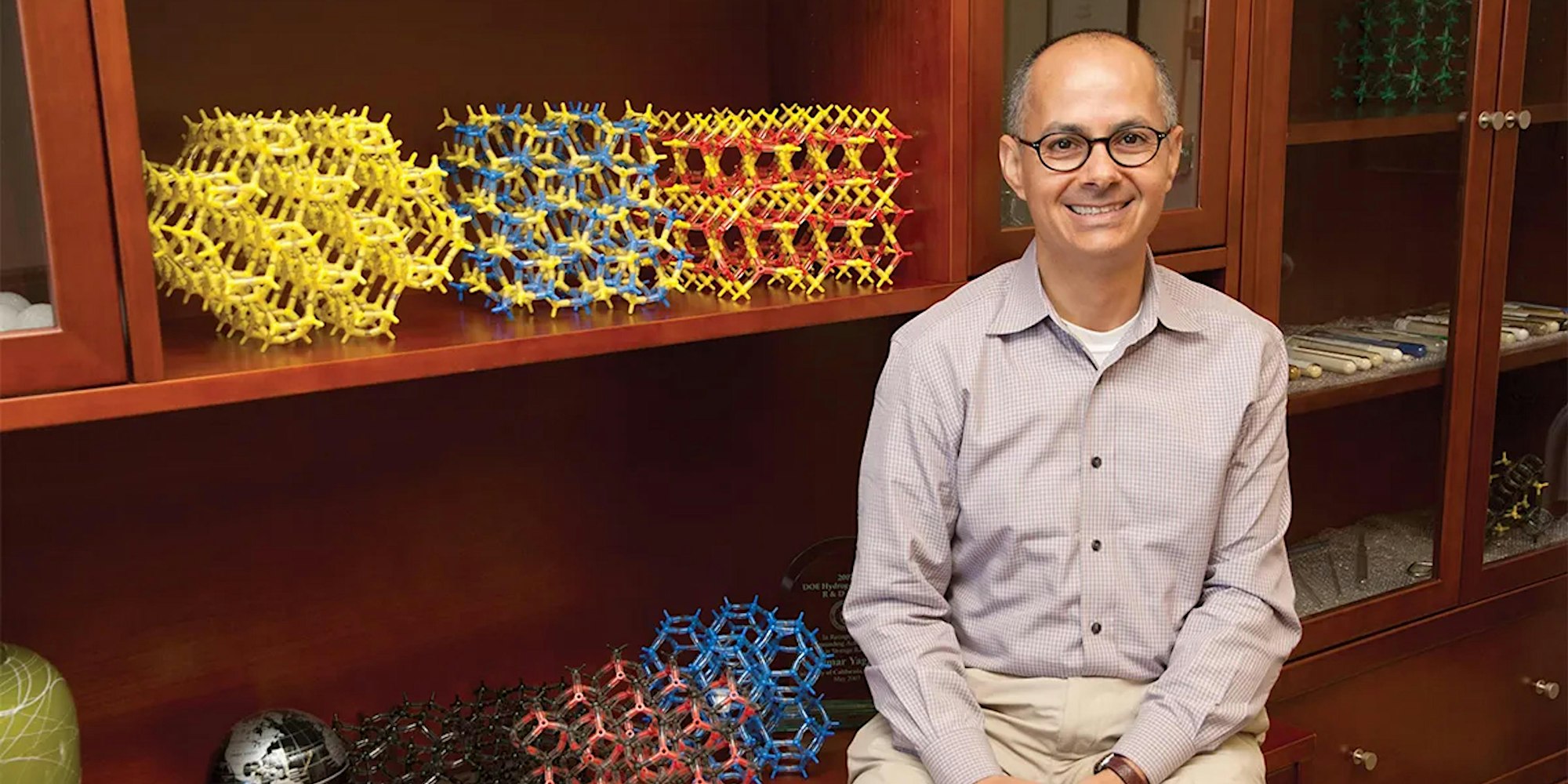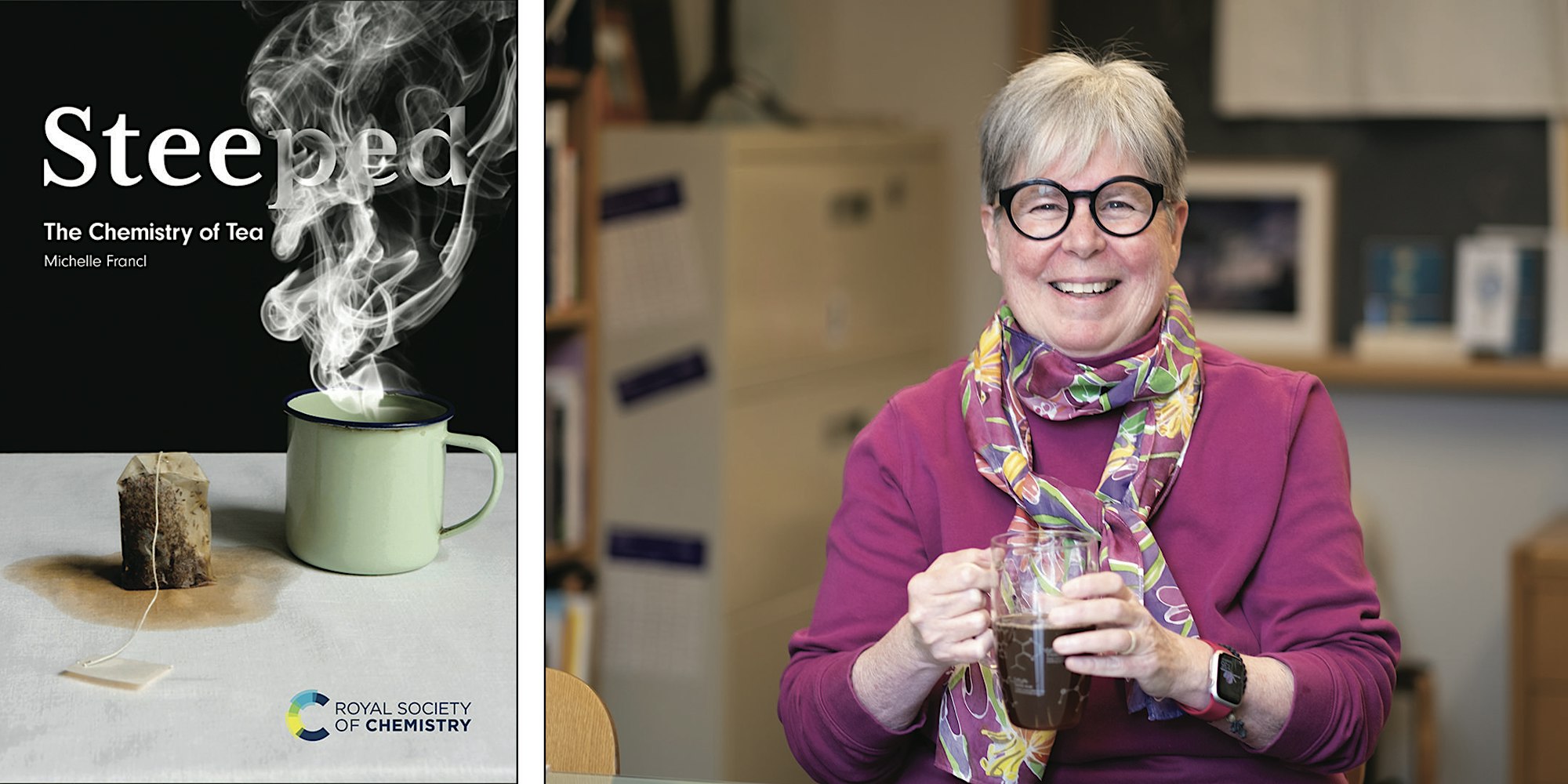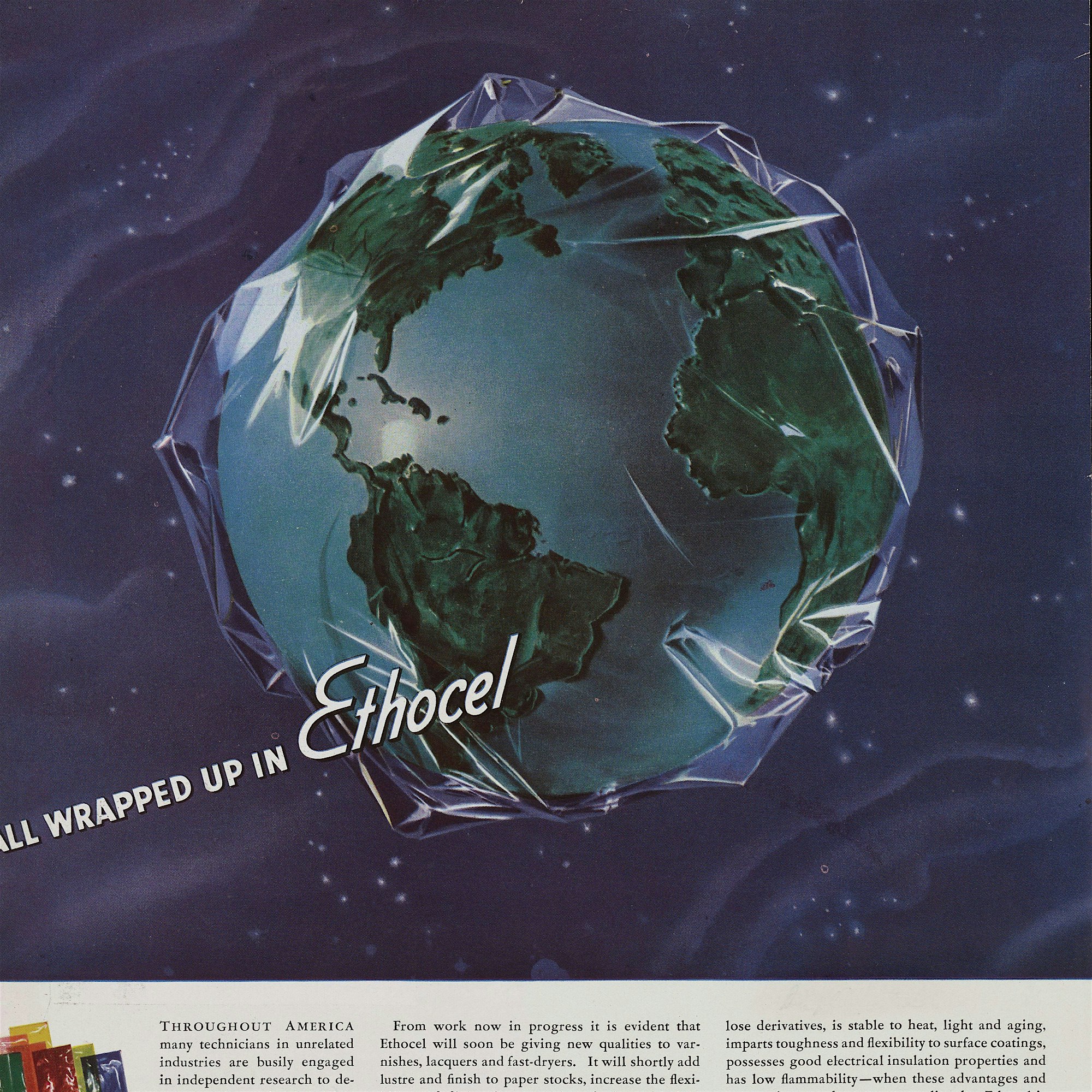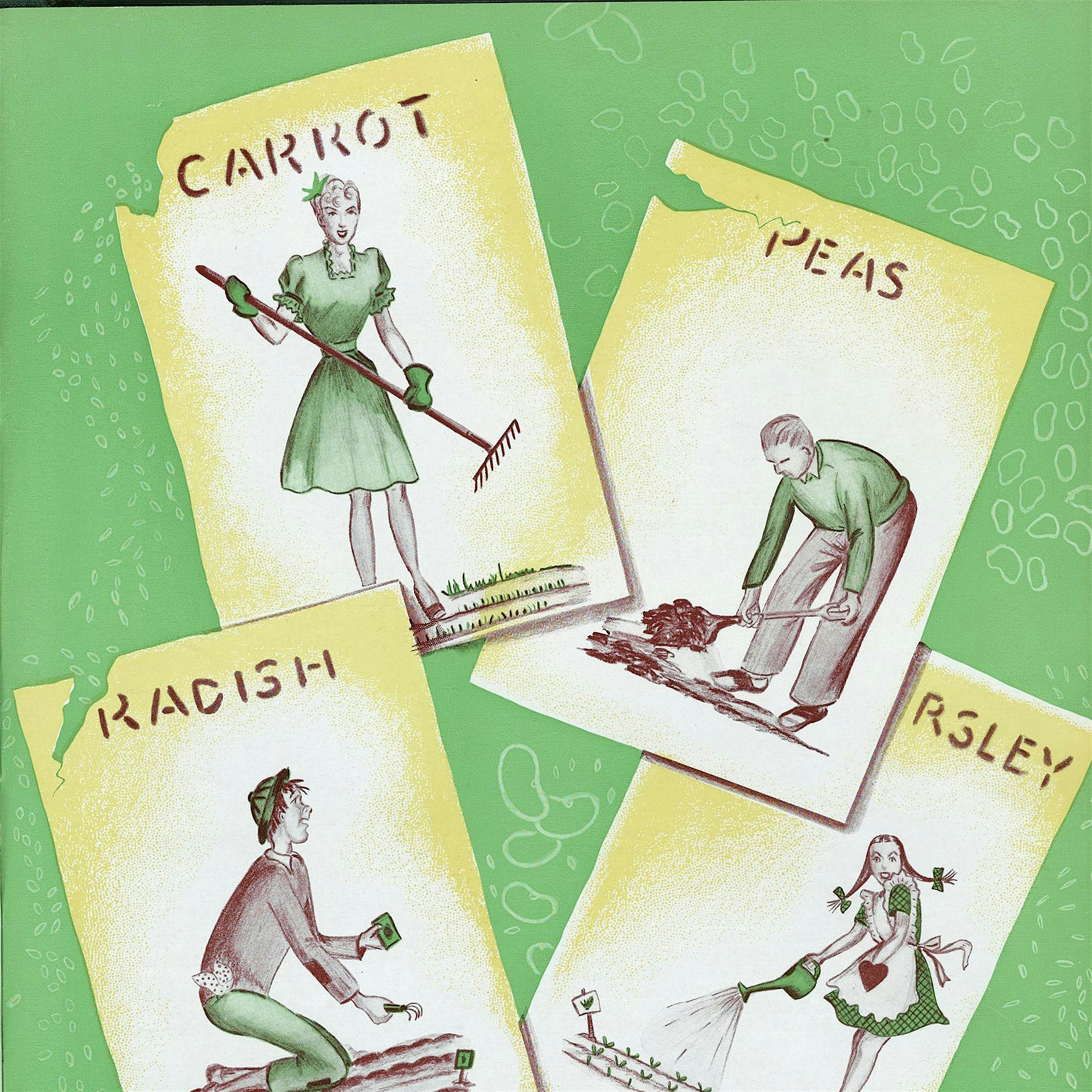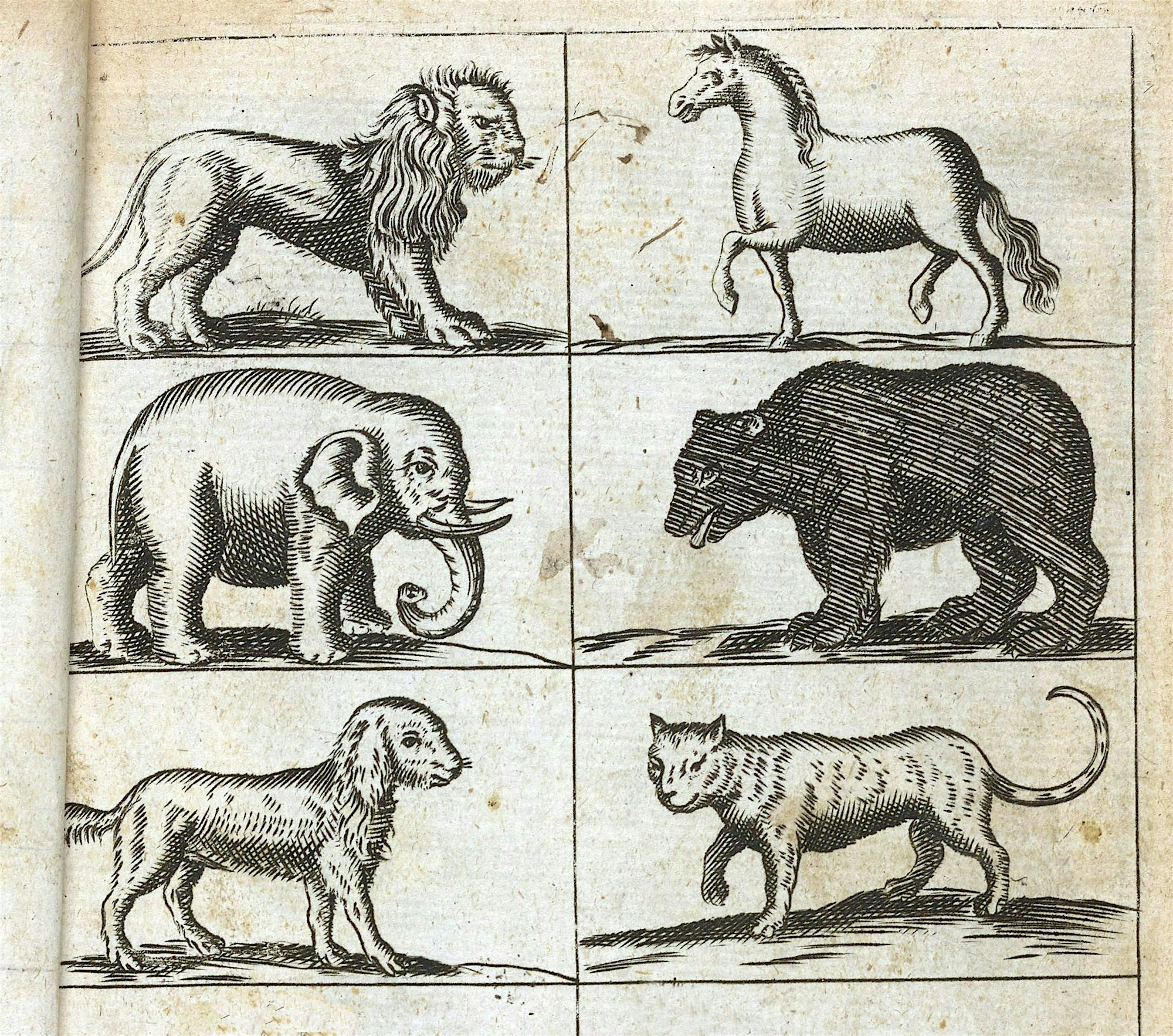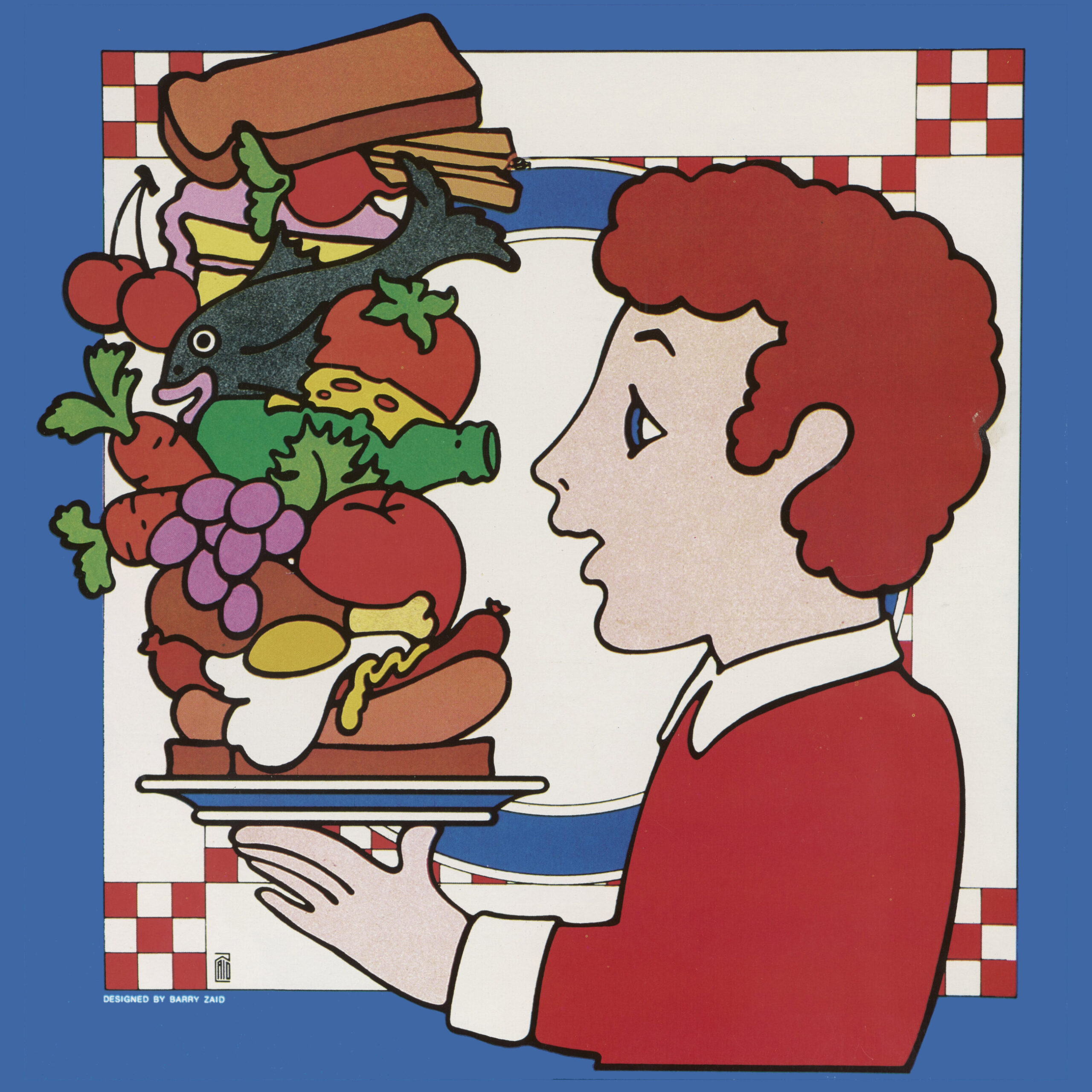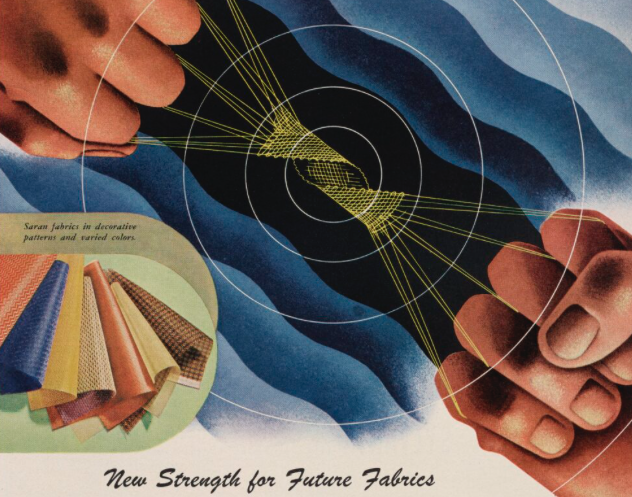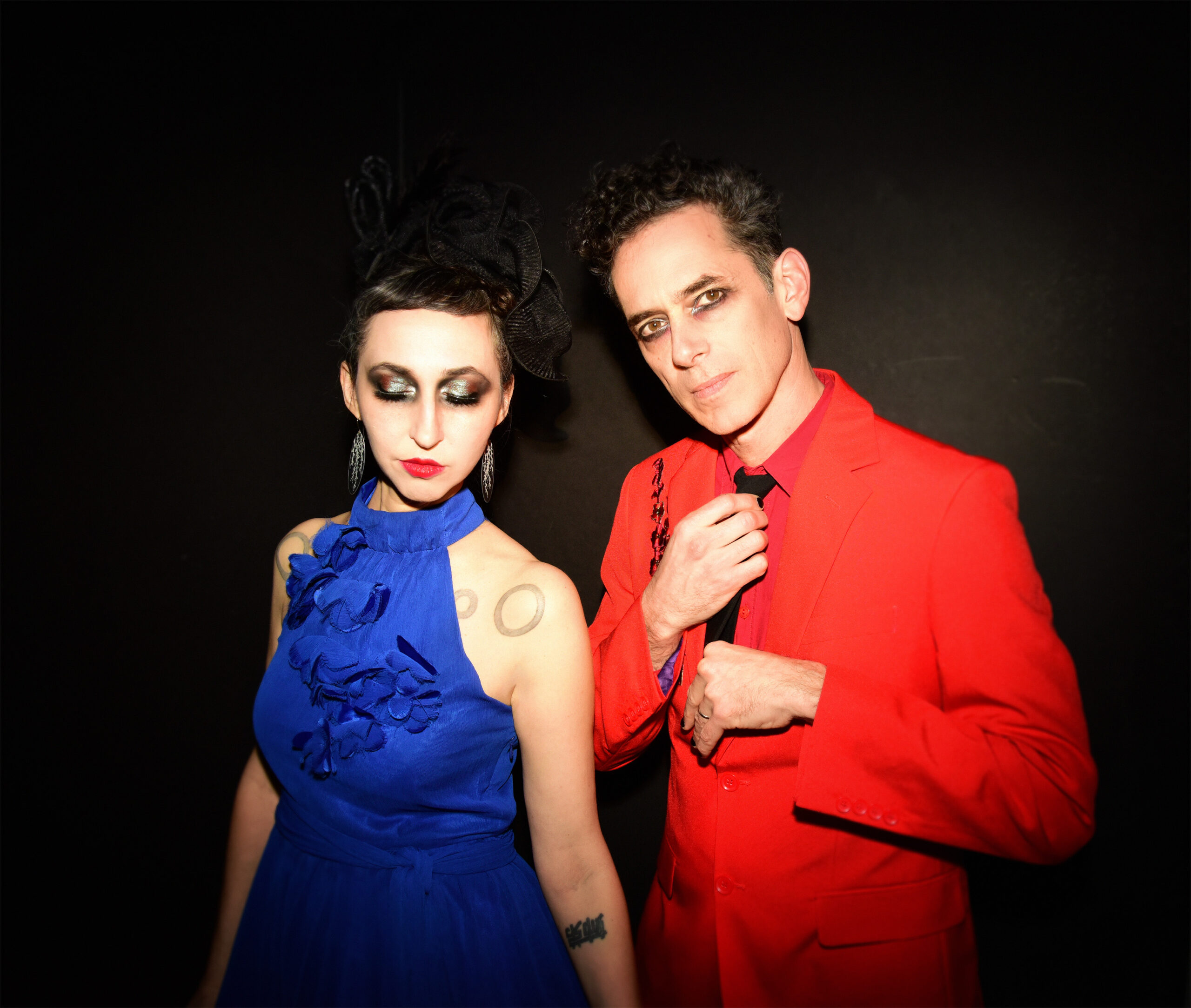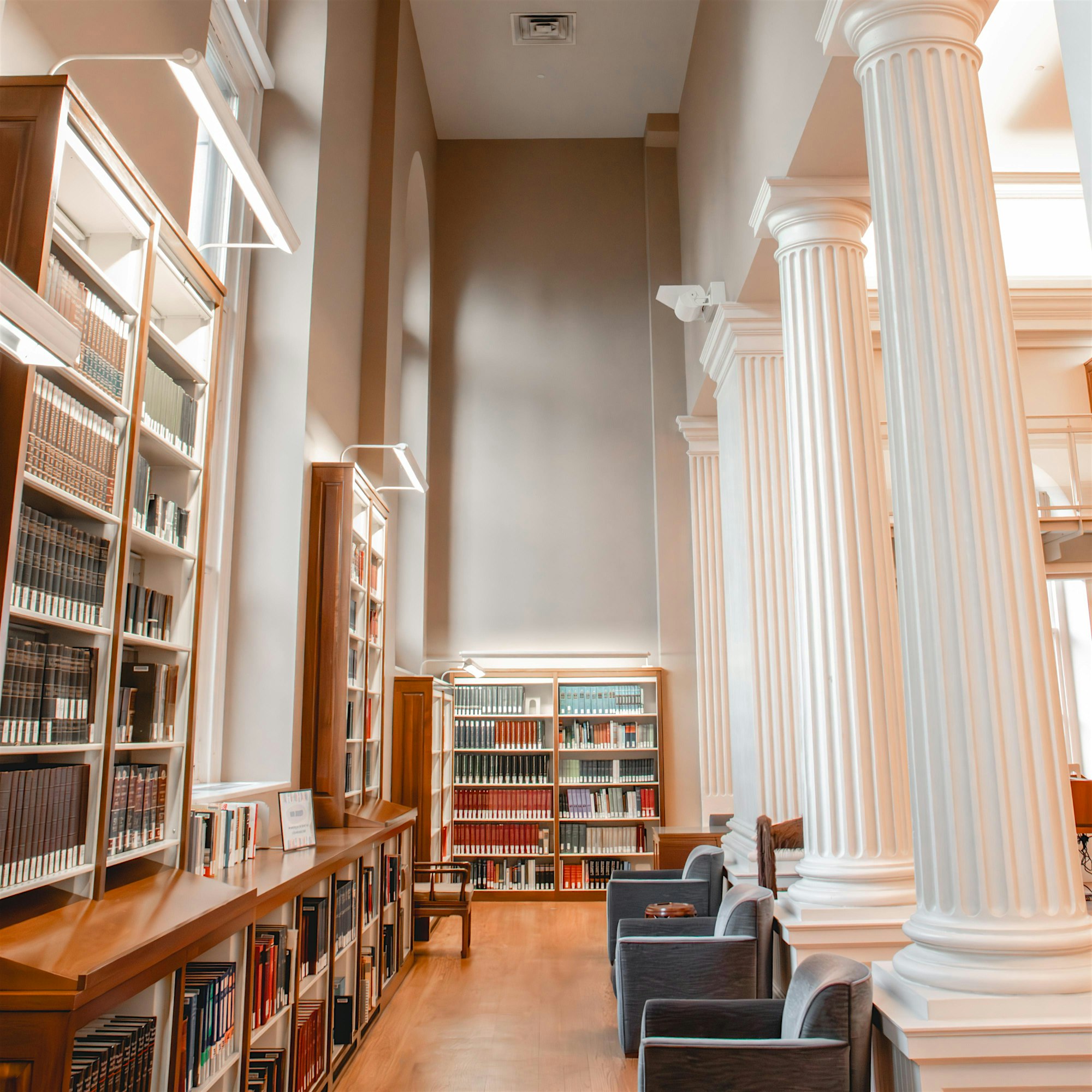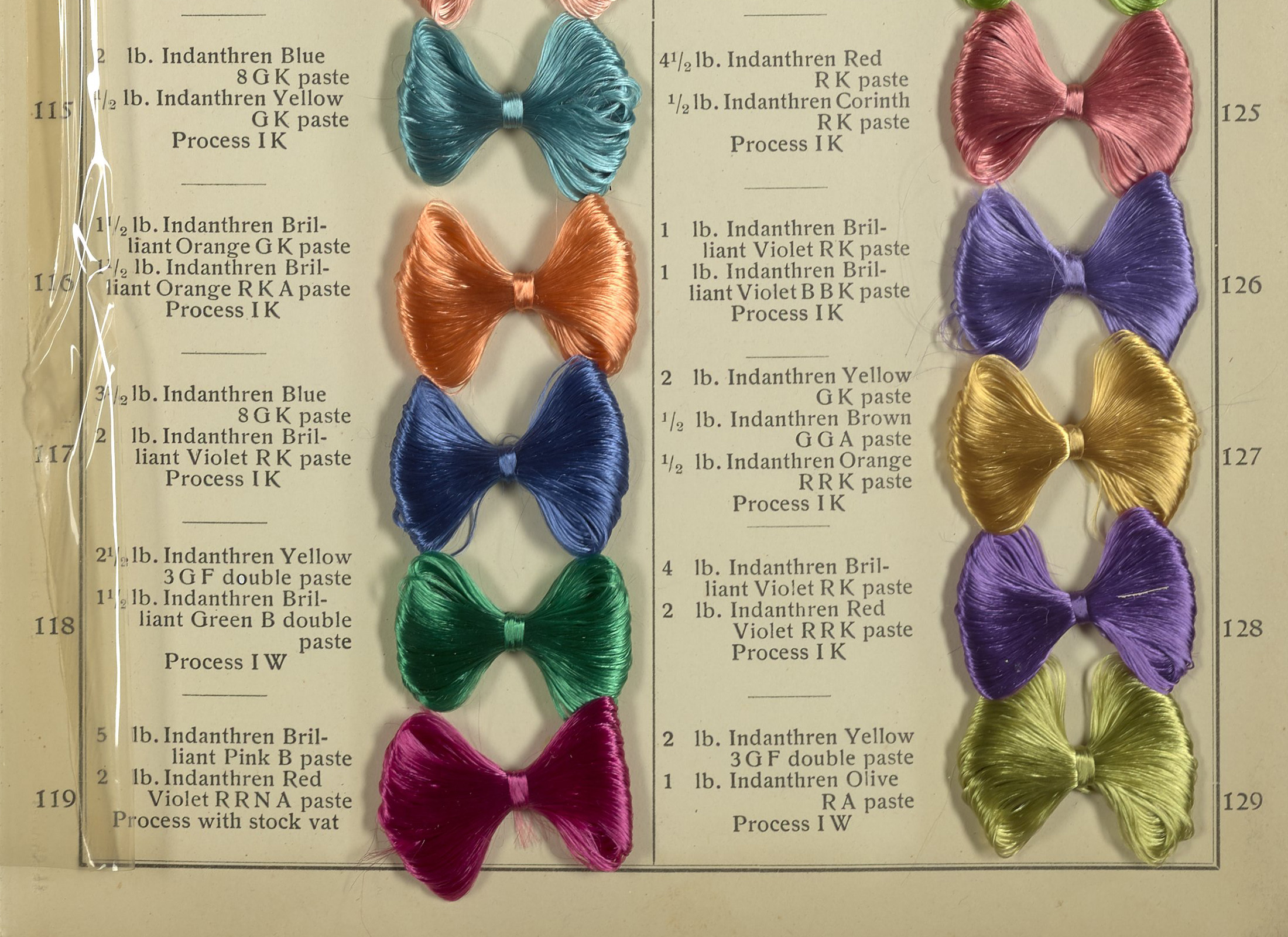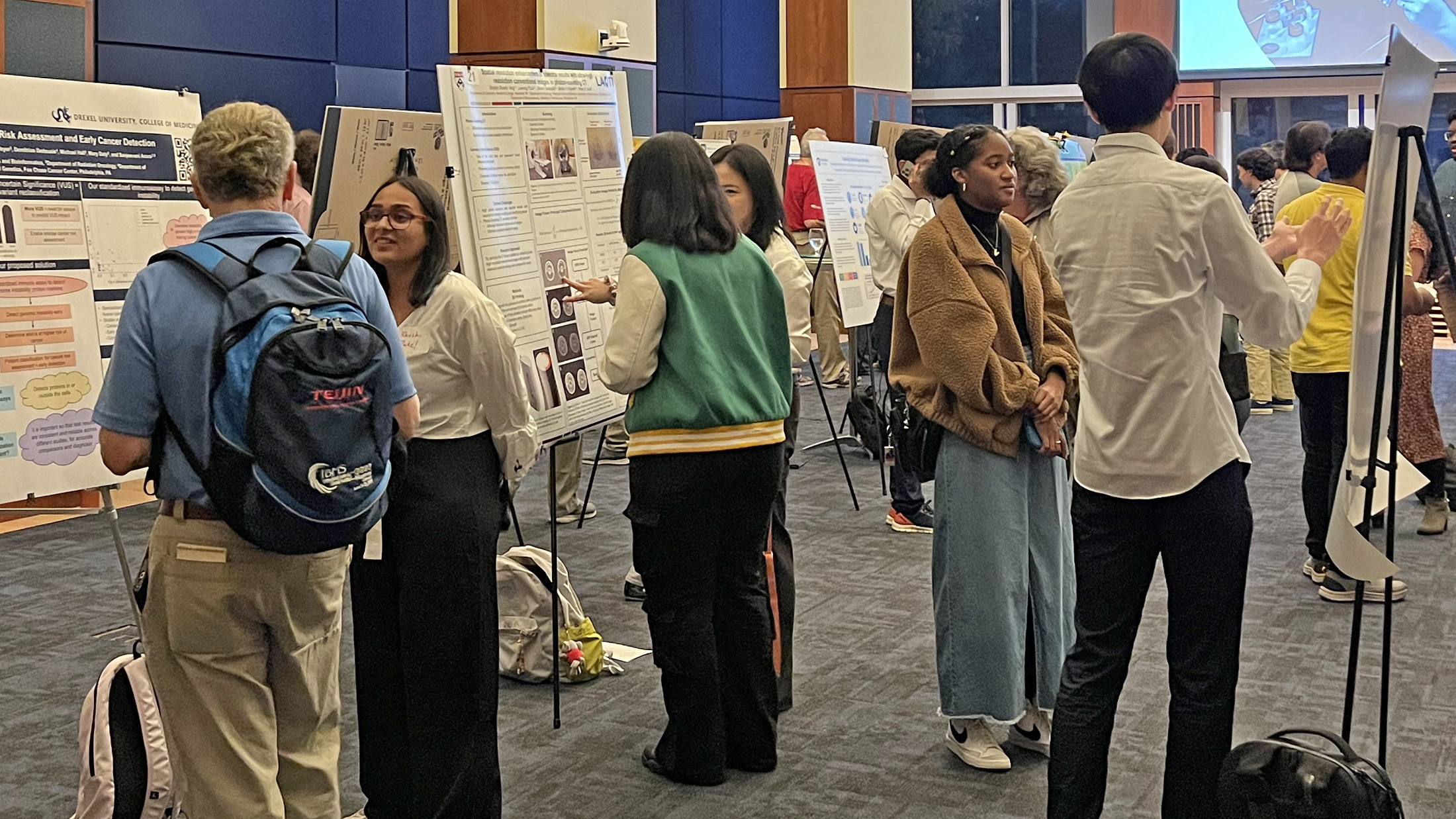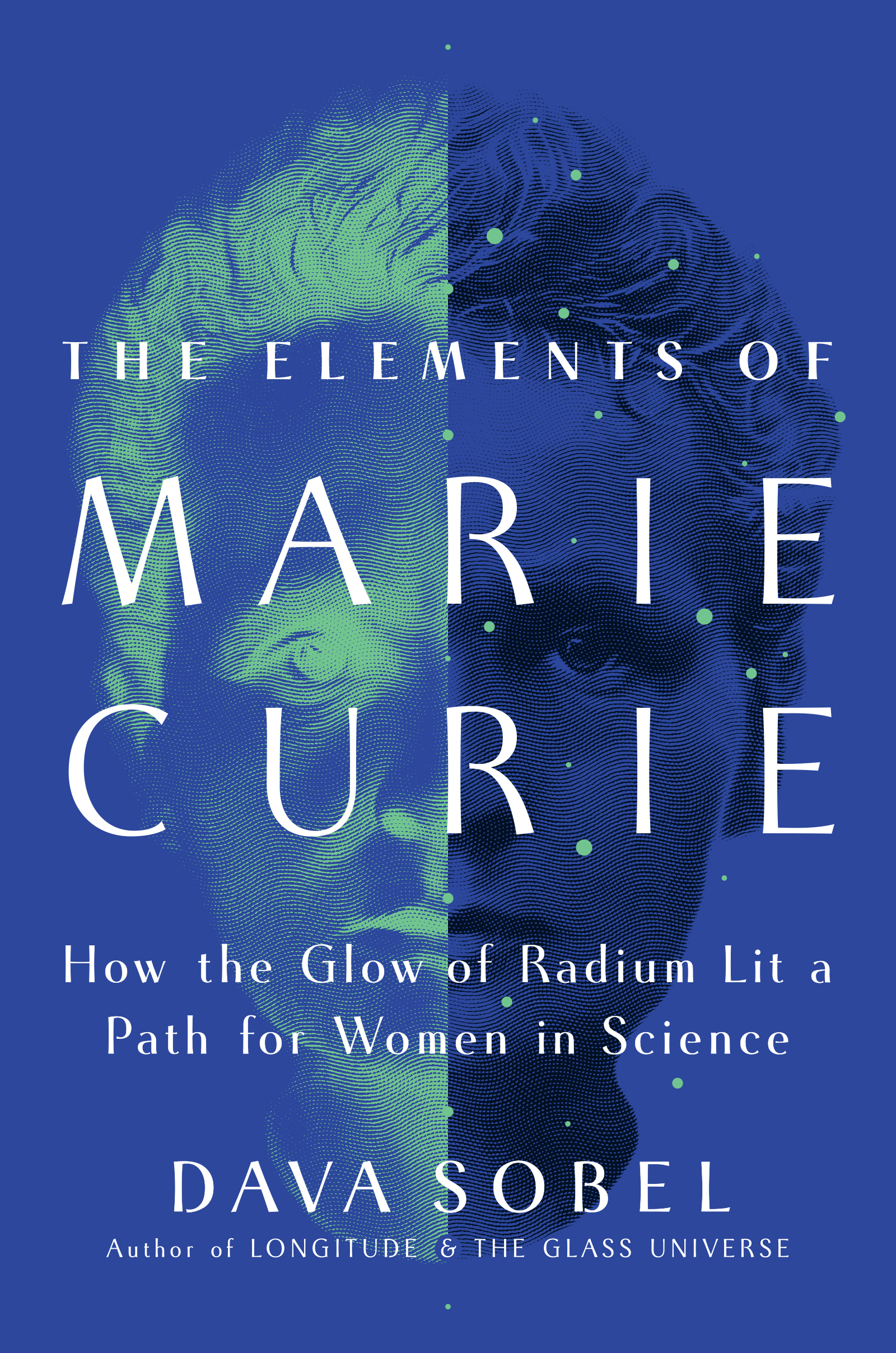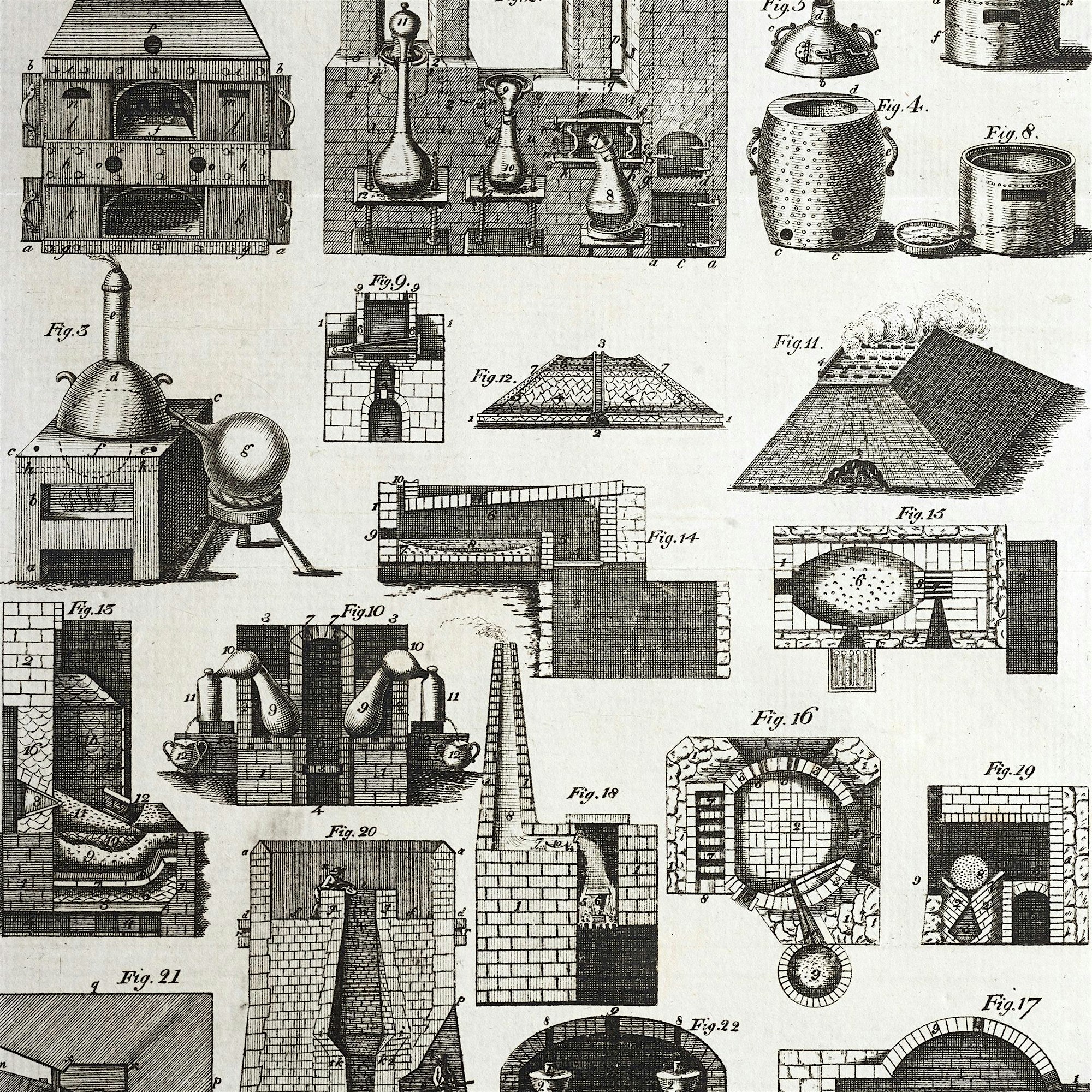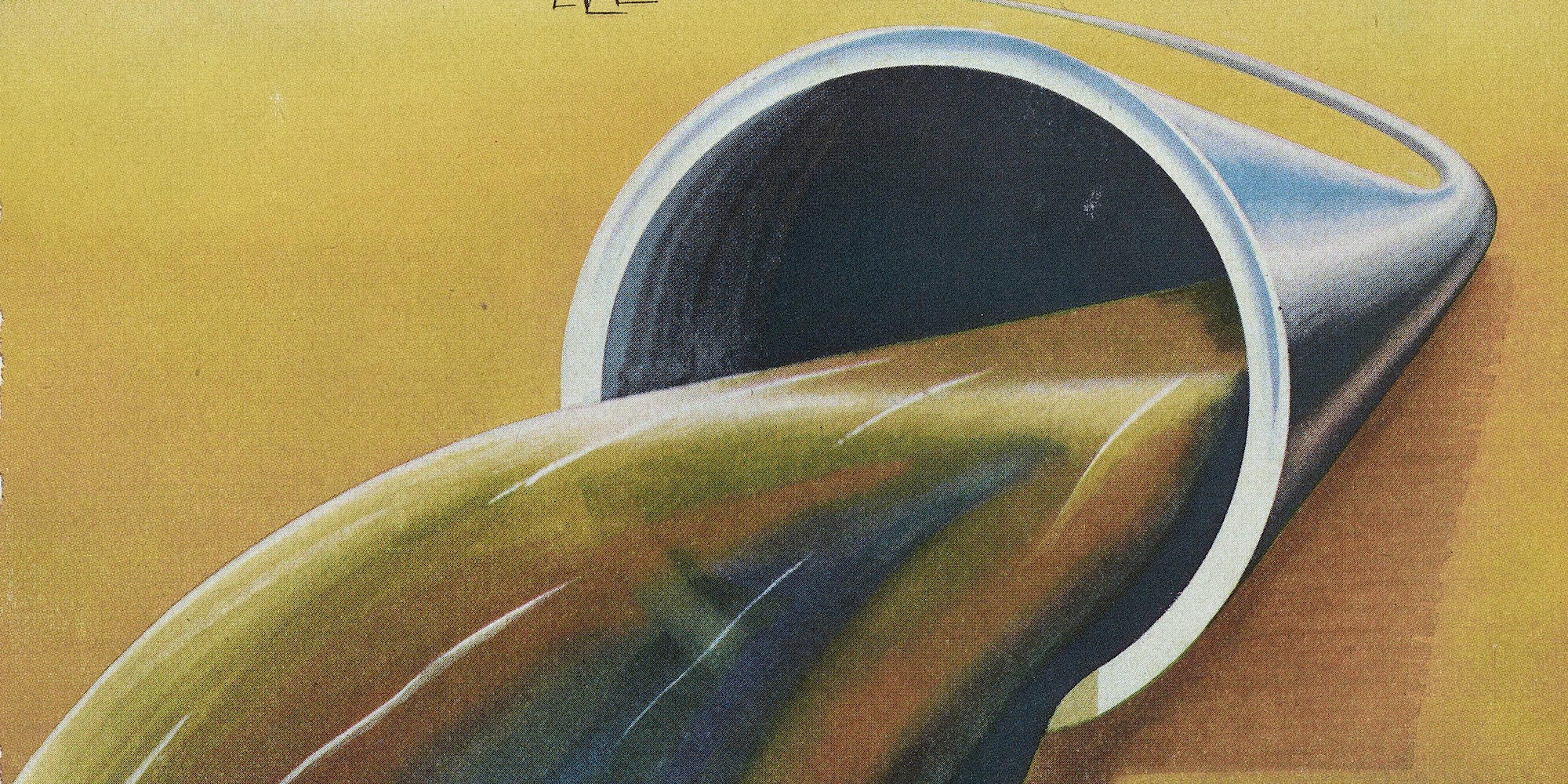
Energy and Environment: Academic Research vs. Investigative Journalism
NPR’s Neela Banerjee and Yale professor Paul Sabin discuss the interaction between journalistic and academic accounts of the past.Climate change is a global issue that requires new technologies, new economic policies, and new production and consumption practices. But it also requires a better understanding of the past and how decades of detrimental decisions and resulting emissions have shaped our current environmental crisis.This panel discussion explores the work of academic historians, whose authoritative research on climate is now published in such outlets as The Guardian and the New York Times, and investigative journalists, who have produced award-winning stories on the troubled




